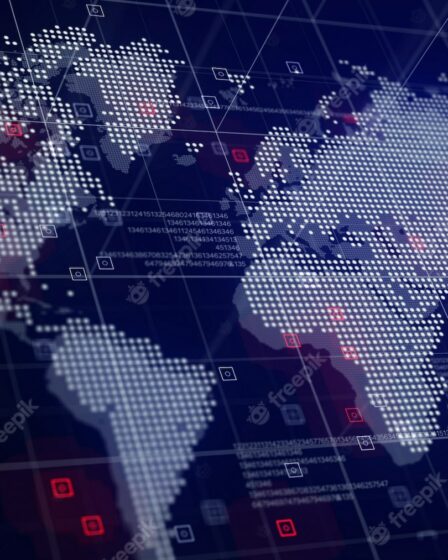On 18 September 2016, four terrorists stormed the Indian Army brigade headquarters in Uri killing 19 soldiers before being gunned down. Within a span of three months, terrorists have carried out a similar fedayeen style attack on XVI Corps headquarters in Nagrota, Jammu.
The Future of India’s Climate Diplomacy: Trump, China and Other Factors
On July 12, 2016, the Permanent Court of Arbitration in The Hague awarded the verdict over the dispute in the South China Sea between China and Philippines. The tribunal decided in favour of the Philippines by rejecting China’s claims to the South China Sea based on the “nine-dash line” map and specified that it had “no legal basis”.
Resurrecting BIMSTEC
The ongoing transition in Myanmar has thrown up several issues to the forefront — questions on federalism within the nation state, strengthening the economy to sharing of resources. The decision by Myanmar’s military junta to hold general elections and move the nation-state towards democracy was welcome albeit, underpinned by heavy skepticism. The cynicism stemmed from the long drawn rule by the military which has centrally controlled the politics and economy of the state.
China’s South China Sea Policy: Assertive and Uncompromising
Since the Uri army base attack on 18 September 2016, in which 17 Indian soldiers were killed (called the “deadliest attack on the security forces in Kashmir in two decades”), relations between India and Pakistan have been at an all-time low. While India has provided ample evidence to establish the origin of the attack as Pakistan, the latter continues to be in denial.
Energy Politics in the New Myanmar
After weeks of speculation, India finally ratified the Paris Agreement on October 2, 2016 which is also the birth anniversary of Mahatma Gandhi, more popularly known as the “Father of the Nation”. This symbolic gesture by Prime Minister Narendra Modi and his team makes India the 62nd country (out of the 180 countries that signed the Paris Agreement in 2015) to deposit its legal instrument of ratification with the United Nations (UN) Secretary General.
Environmental Cooperation Marred by India-Pakistan Tensions
After staying outside the international non-proliferation regimes for a few decades, India decided to embark on a new path, seeking to join the global clubs. This journey includes gaining membership into the global export control mechanisms such as the Nuclear Suppliers Group (NSG), Missile Technology Control Regime (MTCR), Wassenaar Arrangement (WA) and Australia Group (AG). Of these four regimes, India has gained a seat at the MTCR and the process of accession into the other three is currently on. Even as India enjoys a clean track record in the area o
Military-Environment-Diplomacy Interface: Prospects and Challenges for India
On 18th September 2016, four militants stormed a military base at Uri in Jammu and Kashmir. Security analysts began pointing fingers atLashkar-e-Taiba (LeT), given its track record of targeting security personnel and infrastructure in Kashmir.
India’s Road to Paris Agreement Ratification and the Nuclear Energy Option
On 9 August 2016, India’s Minister of Environment, Forest and Climate Change (MoEFCC), Anil Madhav Dave, informed the LokSabha (lower house of the Indian Parliament) that approximately 1,36,000 climate change-related deaths are projected in India, primarilyowing to decreased food production, according to an Oxford University study.
India’s NSG Quest: A Reality Check
With the failure of July 14-15 talks held between India and Pakistan to settle concerns raised by the latter over the former’s dam projects (Kishenganga and Ratle) over the Western rivers (Jhelum’s tributary and Chenab respectively) of the Indus Basin (allocated to the latter under the Indus Waters Treaty), the latter has now decided to take the matter to the International Court of Arbitration (ICA), based in the Hague.
